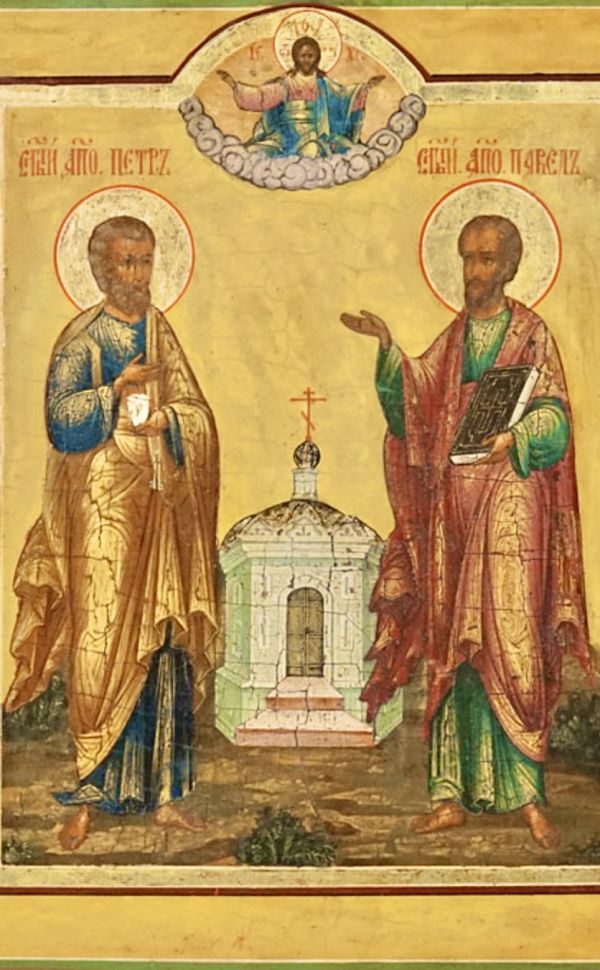Priestly, different resilience
(Jn 17:20-26)
To protect his intimates from fears of reprisals, Jesus took care to make it clear to what level of realization and consideration he was leading the disciples.
The priority Unity he cares about is that which is introduced by transmitting the divine reciprocity between Father and Son.
It emerges precisely as we allow the ferment that constitutes us sisters and brothers, his Body, to act in us.
If the Church contemplates and displays the Glory of Christ, it is because it has been able to place itself where it ‘belongs’, even to the point of giving life and substance: 'judging' reality too, but from the criterion of the Cross (cf. v.24).
Thus, the experience of Unity in God - the most irrefutable sign of His Presence - was truly profound in the Johannine communities.
Without preclusion, in the assemblies of Asia Minor, the fascination of those aspects of Oneness that were valued by the customary world as imbalances and flaws was revealed.
The first communities were an environment that helped to enhance hidden sides: opportunities for personal enrichment and vocations.
Thus, at the end of the Priestly Prayer, a salient concern emerges in Jesus: the 'Eucharistic' one par excellence.
The Jewish expectation of the Messiah becomes an expectation of Unity [not psychological and trivial, but a Gift from above].
On the subject of Glory, the apostles must not be confused.
Vehicle of Glory is love and the inescapable feasting together - just like in the Eucharist: the same divine Gold coming forth and being offered again.
In prayerful form, the Lord makes a memorial of all those who throughout history will believe in Him, by the word and testimony of the disciples.
Unlike ancient religions, He wants the life of Faith to be characterised not by the “truth” one has, but by the “truth” one makes. And He does not impose a tabula rasa of dreamy eccentricities.
We do not bear witness to the Immense on earth in the coherent capacities of understanding and will according to procedure.
To formulate definitions, it is enough to bring intellectual energies to bear.
To defend, promote and rejoice in life, one must be animated by the Spirit of God himself, in His work of primary Unity.
The earthly love that reflects it is no longer capacity, but possibility.
In its specific weight, the divine Core has nothing immediately satisfying and triumphant about it; on the contrary, much that is helpful and liberating.
In short, the friendship that reveals that which is celestial and primal [not transient and causal] is not in knowing, concatenating, reproducing; in affirming, or renouncing; not even in the succeeding... in parrying blows and advancing.
Nor is a form of Justice that gives each his own sufficient. It recovers opposites.
Father «just» (v.25) refers to the distinction between the world and the small assemblies of mutual adherence in the early days, the only places where life could be perceived.
Only in the reciprocity reflection in the sourcing One was the divine Glory intensely experienced; primordial.
And also for future pilgrims in Him, Christ asks God for Communion - conviviality of differences: not in a one-sided form, but from which to make sense.
Here is the Priestly Prayer of Jesus - which genuinely passes through the centuries; contemporary without wrinkle any.
[Thursday 7th wk. in Easter, June 5, 2025]












